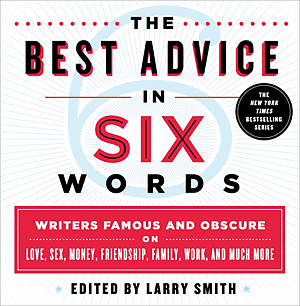Guideline. Use were (instead of was) in statements that are contrary to fact.
A closer look. Statements contrary to fact, especially those that begin with “if,” call for the subjunctive form of the verb. Some usage authorities argue that there is no longer a need to worry about this distinction, but careful writers and speakers continue to use subjunctive forms in a few situations–and particularly in if clauses that express a statement contrary to fact. The main change you need to make in most of these situations is to substitute were for was.
- If this were [not was] a well-designed ski boat, we wouldn’t be creating such a huge wake like we are. (The subjunctive form of to be [were] is the proper choice because the statement is contrary to fact: The boat is not well designed.)
- If I were you, I wouldn’t ski behind this boat. (Were is the proper choice because the statement is contrary to fact.)
- I have often wished that I were more like Dave. (Were is the correct choice even though the main verb is in the past tense. The statement is still contrary to fact.)
- If wish I were in Florida. (The proper choice is were because the statement is contrary to fact.)
But:
- If it was snowing yesterday in Wisconsin, the tournament was probably called off. (Was is the proper choice here because there is a good chance it was snowing. Well, maybe.)
- The only reason I called was to see if Schmoe was still at home. (The verb here is not in the subjunctive mood because the idea following “if” is not contrary to fact. Schmoe’s being home is a distinct possibility.)
(via ProofreadNOW)












Comments on this entry are closed.